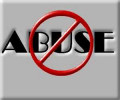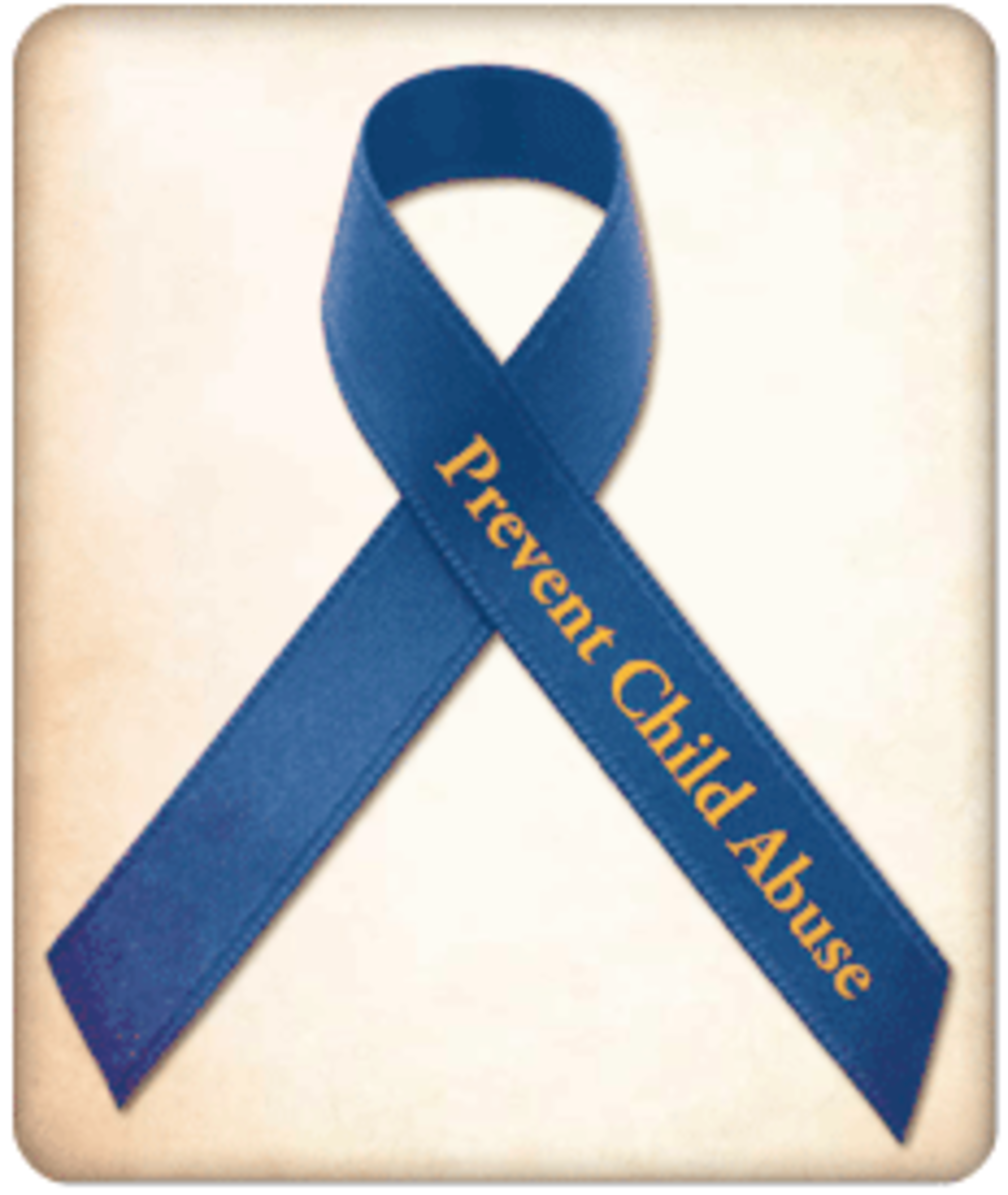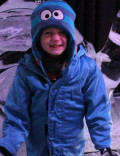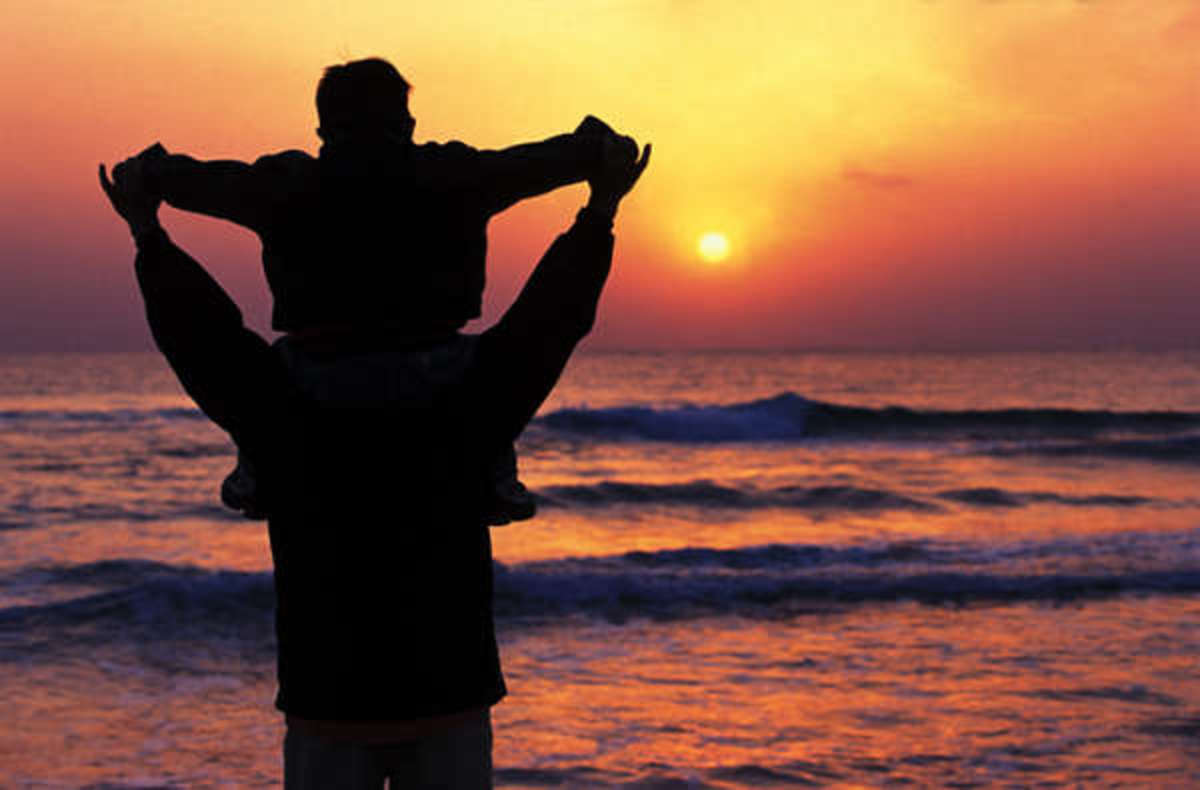Child Abuse: A Global Epidemic
Child Abuse: A Global Epidemic
Child Abuse: A Global Epidemic
WHO IS A CHILD?
A child is a young person below the age of 18 years, who is under the care of a parent or guardian.
A child is person, who does not know his left from his right, and as an adult it is your duty to direct that child and show him the way forward.
WHAT IS CHILD ABUSE?
As we all know, child abusing is a growing global epidemic, it is rampant in the world today. Child abuse is a physical and psychological maltreatment given to a child.
Child abuse comes in many forms which I'll be listing below:
Physical abuse: Physical child abuse occurs when a child is purposely physically injured or put at risk of harm by another person.
Emotional abuse: Emotional child abuse means injuring a child's self-esteem or emotional well-being. It includes verbal and emotional assault — such as continually belittling or berating a child — as well as isolating, ignoring or rejecting a child.
Medical abuse: Medical child abuse occurs when someone gives false information about illness in a child that requires medical attention, putting the child at risk of injury and unnecessary medical care.
Neglect: Child neglect is failure to provide adequate food, shelter, affection, supervision, education, or dental or medical care.
Others ways can be through subjecting a child to hard labour eg forcing the child to engage in societal vices like engaging in drug trafficking, also forcing a child to hawk I believe every child has his or her right, another one is starving a child, beating up a child like he was picked from a forest. Most of the children it happens to are those that has been sent out to become house helps and most are orphans too.
Effects of Child Abuse and Neglect
Every child who has experienced abuse or neglect will have their own response to the trauma. While some children have long-lasting effects, others are able to recover quicker and with ease. There is not a right or wrong way for a child to manage effects of the abuse and neglect they have suffered.
What are some factors that can influence children’s responses to trauma?
Age
Developmental status
Type of abuse and/or neglect
How often and how long a child was abused
How severe the abuse was
The relationship between the child and the perpetrator
What are some physical effects of child abuse and neglect?
Bruises and welts
Scrapes and cuts
Burn marks
Head trauma
Weakened brain development
Sprains or broken bones
Difficulty walking or sitting
Torn, stained, or bloody clothing
Inappropriate dress
Poor hygiene
Poor physical health
What are some psychological and mental effects of child abuse and neglect?
Anxiety
Depression
Low self-esteem
Withdrawn
Dissociation
Difficulty with making and maintaining relationships
Experiences flashbacks
Hypervigilant
Persistent fear
What are some behavioral effects of child abuse and neglect?
Self-harm: Some end up using sharp objects to inflict injuries on themselves.
Eating disorder
Alcohol and drug use: This occurs when that child is so depressed that he doesn't know what to do, other than to take drugs and alcoholic drinks that tends to make him forget his worries.
Trouble sleeping: Lots of thinking will take away sleep from the eyes of the person.
Uncomfortable with physical contact with others
Repeating school grades
Absent from school often
Criminal activity: Now finally due to there is parental nurturing the child has no other option but to engage in societal vices.
Solutions to child abuse
Be a nurturing parent.
Children need to know that they are special, loved and capable of following their dreams.
Help a friend, neighbor or relative.
Being a parent isn’t easy. Offer a helping hand take care of the children, so the parent(s) can rest or spend time together.
Help yourself.
When the big and little problems of your everyday life pile up to the point you feel overwhelmed and out of control – take time out. Don’t take it out on your kid.
If your baby cries…
It can be frustrating to hear your baby cry. Learn what to do if your baby won’t stop crying. Never shake a baby – shaking a child may result in severe injury or death.
Get involved.
Ask your community leaders, clergy, library and schools to develop services to meet the needs of healthy children and families.
Help to develop parenting resources at your local library.
Find out whether your local library has parenting resources, and if it does not, offer to help obtain some.
Promote programs in school.
Teaching children, parents and teachers prevention strategies can help to keep children safe.
Monitor your child’s television, video, and internet viewing/usage.
Excessively watching violent films, TV programs, and videos can harm young children.
Volunteer at a local child abuse prevention program.
Report suspected abuse or neglect.
This content is accurate and true to the best of the author’s knowledge and is not meant to substitute for formal and individualized advice from a qualified professional.
© 2020 Eweama chiamaka








